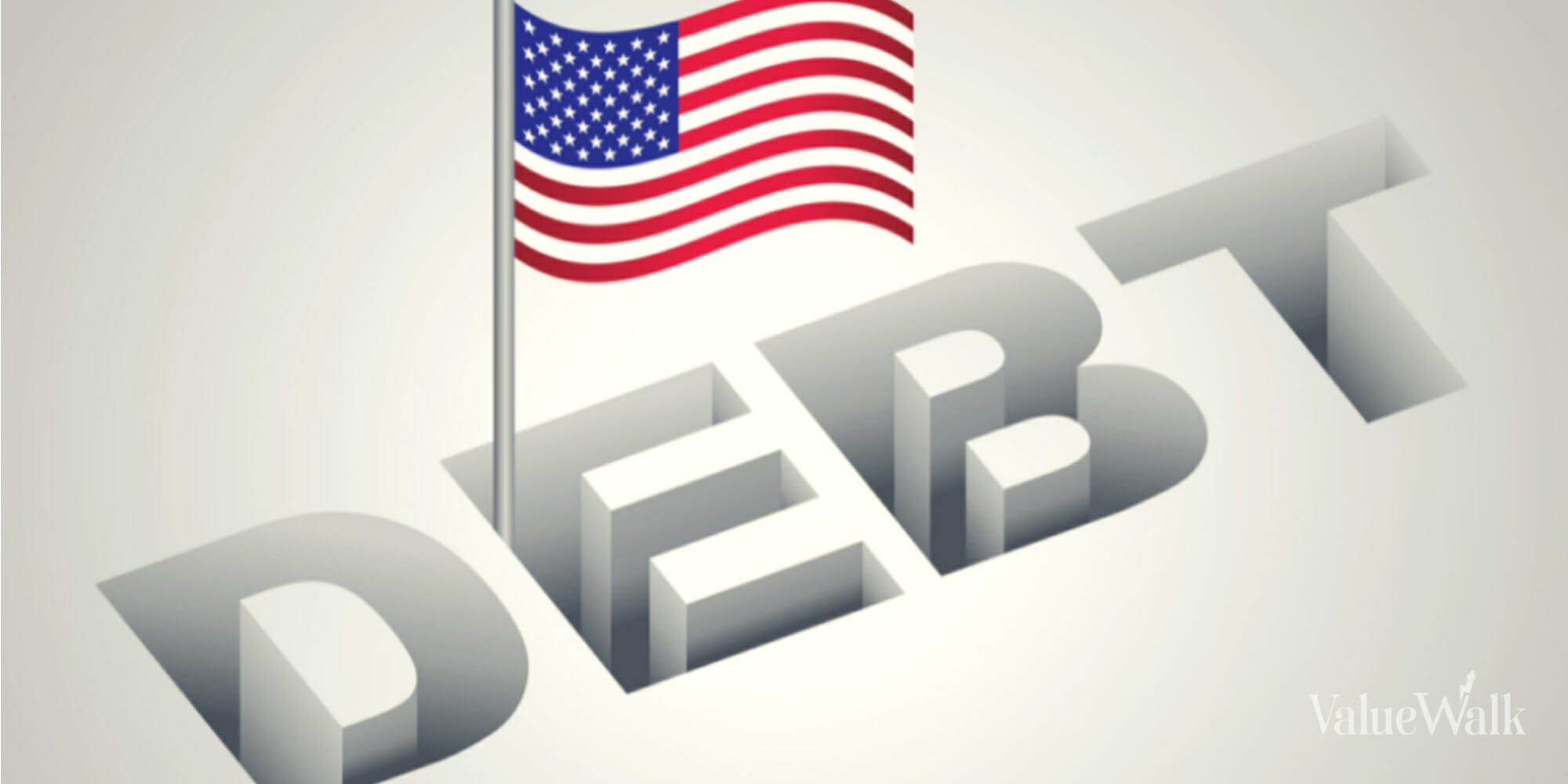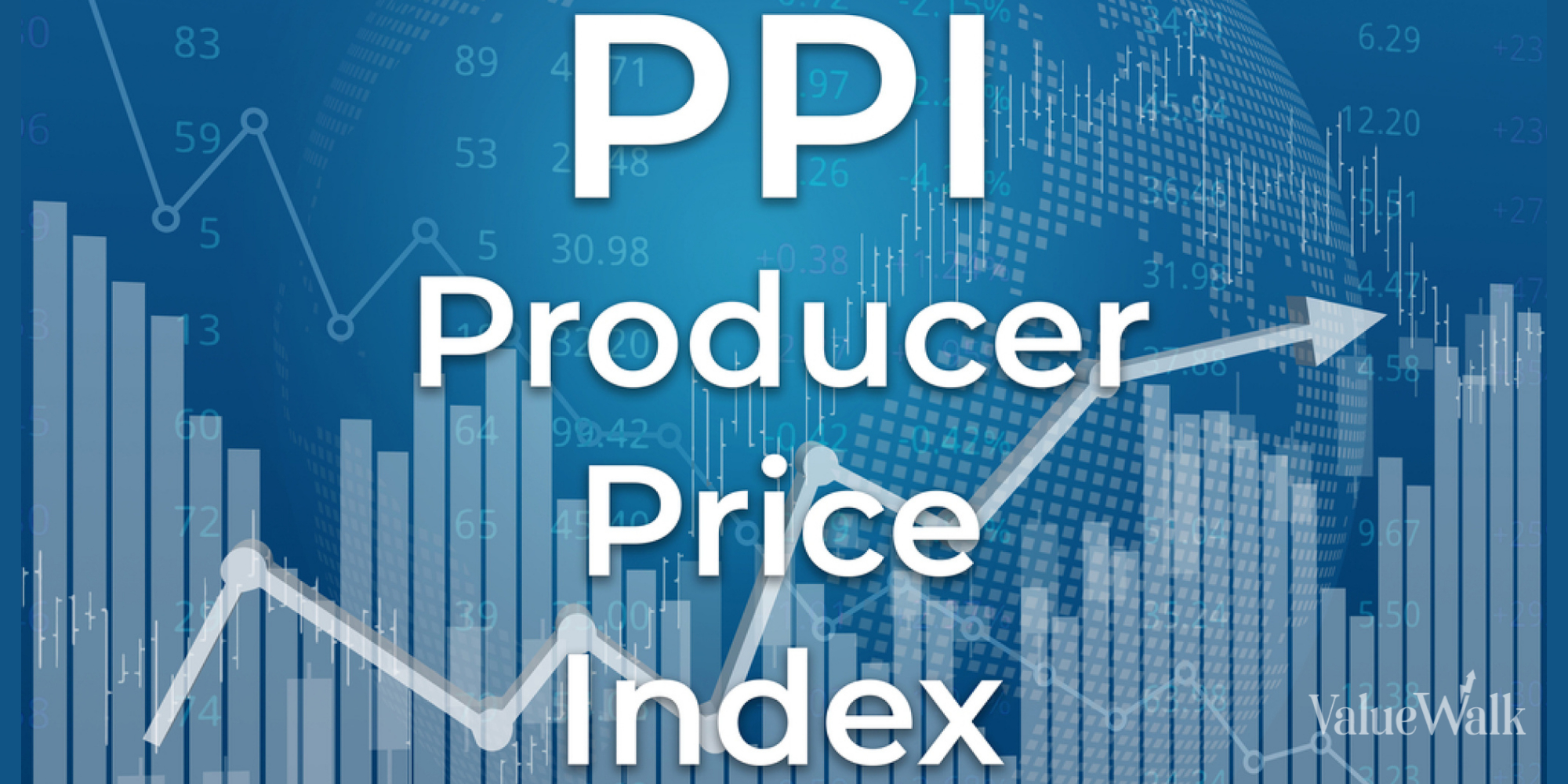- US stocks reach a nine-month high as US passes debt ceiling deal
- Cautious outlook sees UK merger and acquisition activity drop to seven year low
- Lagarde signals Eurozone inflation hasn’t peaked, warns further interest rate hikes are on the way
- Brent crude moves higher but is still set to end the week down on demand concerns
US Stocks Hit A Nine-Month High On Debt Ceiling Deal
“US markets have touched a nine-month high, as US lawmakers voted to raise the debt ceiling and avoided a challenging default. The relief from investors showed up in both the S&P 500 and the Nasdaq composite, with gains around 1% seen on each.
The deal clears the path to more normal business to resume, but the reason there hasn’t been more of a substantial bounce is because markets were very much betting that officials would indeed sort out the issue before default occurred. Some would say that faith was misguided, but there’s little to argue with now that both sides have agreed to sign on the dotted line.
The legislation will culminate in savings of $1.5trn over the next ten years. Asian equities are riding the wave of this development, with the Hang Seng index rising 2.2%. The spotlight will now pivot to focus on non-farm payroll data due from the US later today, with hiring expected to have cooled in May. This will be one of the last important data sets before officials decide if interest rates should continue to be pushed uphill or paused.
UK M&A Activity Drops
The broader optimism has also spilled over the UK, with the FTSE 100 opening up 38 points. UK-based vet pharma giant, Dechra Pharmaceuticals plc (LON:DPH), has agreed a £4.46bn bid from private equity firm EQT. This gives the firm an enterprise value of close to £5bn, and follows a period of uncertainty for the group after trading turned challenging because of destocking by wholesalers. The pet boom should broadly play into a positive story for Dechra, but the deal will end shareholders’ long-term bets on the company, but it will also remove doubt stemming from the sensitive share price.
Despite Dechra’s deal signaling otherwise, M&A activity in the UK has dropped to levels not seen since 2016. The total value of mergers and acquisitions, involving UK companies, halved to just under $90bn in the first five months of the year. Despite a concentrated spate of private equity approaches, the situation has become frosty.
This is a result of stronger and stickier inflation, as well as renewed pressure from competition authorities. The decision to block Microsoft’s (NASDAQ:MSFT) takeover of Activision (NASDAQ:ATVI) was largely seen to embody the challenge facing the UK. The region is seen by some as a less accommodating place in which to do big business, and this could have implications across UK valuations.
Companies that may, in theory, be prime takeover targets could have some of that premium taken away or muted, as investors think twice about the likelihood of bidders coming to the table in the current climate.
Eurozone’s Inflation Still Too High
The president of the European Central Bank has said inflation in the bloc is still too high. Despite a slowdown in consumer prices, it’s widely understood that overall inflation is still running far too hot, and the cooling effect of further interest rates are on the way. A major issue remains the tightness of the labor market, which gives employees powerful bargaining chips when it comes to wages, which ultimately feeds into increasing levels of cash in the economy.
Brent Crude Moves Higher
The resolution of the US debt crisis has seen Brent crude push up slightly, and is trading at around $75 a barrel. This is still down from $76 seen a week ago, with the tempered response in-line with overall demand concerns and an uncertain outlook for OPEC+ production policy. There have been very mixed signals from officials on the production front, and until a clear narrative is established, oil will struggle to find its landing point.”
Article by Sophie Lund-Yates, lead equity analyst at Hargreaves Lansdown





